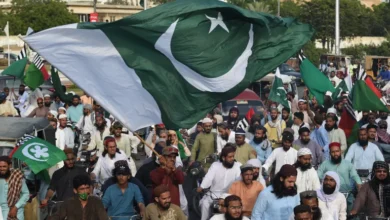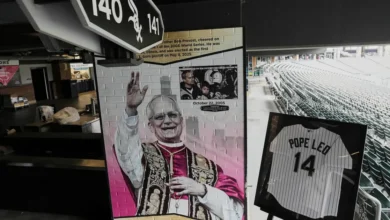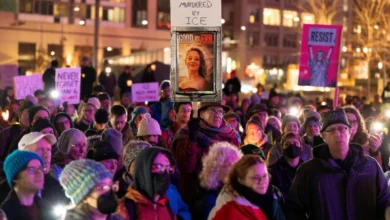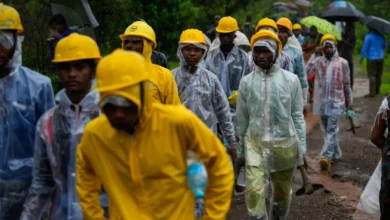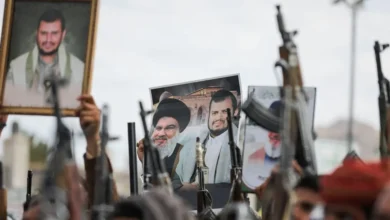South Korea president to address nation ahead of impeachment vote
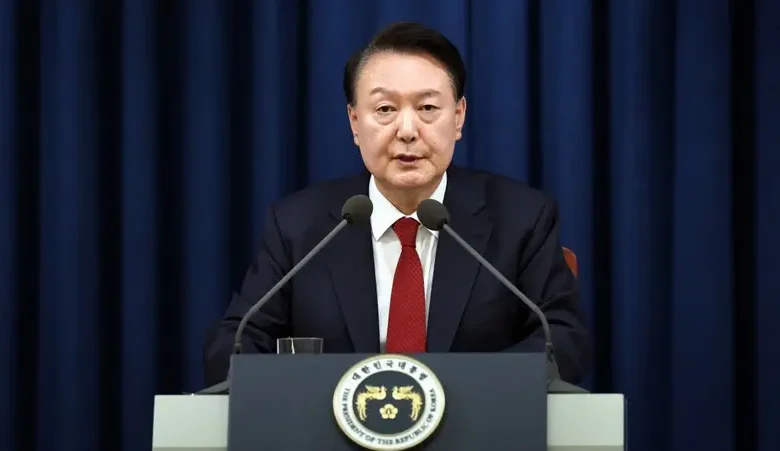
South Korea’s embattled President Yoon Suk Yeol was set to address the nation Saturday ahead of an impeachment vote in parliament and major protests calling for his departure.
Yoon stunned the nation and the international community Tuesday night by imposing martial law for the first time since the 1980s and deploying troops and helicopters to parliament.
But lawmakers managed to vote down the decree, forcing Yoon to rescind the order in the early hours of Wednesday in a night of extraordinary drama for a country assumed to be a stable democracy.
Yoon has gone to ground since and his scheduled address at 10:00 am (0100 GMT) announced by his office will be the first time he has spoken in public.
It comes ahead of a vote in parliament expected in the early evening on his possible impeachment.
Police have said they expect tens of thousands of anti-Yoon protestors to take to the streets ahead of the vote, with organisers hoping 200,000 people will attend.
The opposition bloc holds 192 seats in the 300-strong parliament, while Yoon’s People Power Party (PPP) has 108.
A successful vote would suspend Yoon from office pending a ruling by the Constitutional Court.
PPP head Han Dong-hoon had initially said he would oppose the motion, but on Friday, he said Yoon had to go.
If Yoon remains, “there is a significant risk that extreme actions similar to the martial law declaration could be repeated, which could put the Republic of Korea and its citizens in great danger,” Han said.
Han’s U-turn was “significantly influenced by the gravity of the situation, particularly the mobilisation of intelligence agencies to arrest politicians,” Shin Yul, a political science professor at Myongji University, said.
However, late Friday, PPP spokesperson Shin Dong-uk said there had been “no mention” of changing the party’s stance on opposing the impeachment motion during an emergency general party meeting.
An opinion poll released Friday put backing for the 63-year-old president at a record low of 13 percent.
‘Anti-state elements’
In his address to the nation late Tuesday, Yoon said martial law would “safeguard a liberal South Korea from the threats posed by North Korea’s communist forces and eliminate anti-state elements plundering people’s freedom and happiness”.
Security forces sealed the National Assembly, helicopters landed on the roof, and almost 300 soldiers tried to lock down the building.
But as parliamentary staffers blocked the soldiers with sofas and fire extinguishers, enough MPs got inside — many climbed walls to enter — and voted down Yoon’s move.
The episode brought back painful memories of South Korea’s autocratic past and blindsided its allies, with the US administration only finding out via television.
US Secretary of State Antony Blinken told his Korean counterpart Cho Tae-yul on Friday that he “expects the… democratic process to prevail”.
